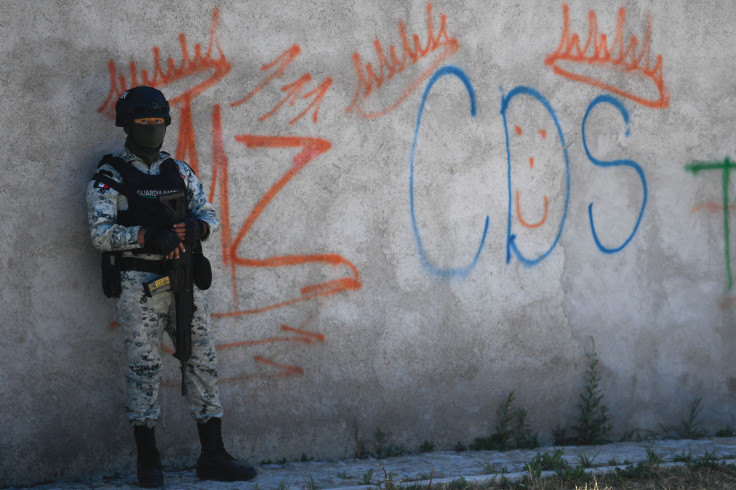
A leader of the Sinaloa Cartel has been sentenced to almost 20 years in prison for his role in an "international drug trafficking conspiracy" involving tons of cocaine.
Concretely, the Department of Justice said that Jorge Humberto Perez Cazares, known as "Cadete," organized the shipping of "multiple tons of cocaine from Central America into Mexico for further distribution into the United States, specifically Los Angeles."
"This sentence marks the downfall of a trafficker who fueled violence and addiction on both sides of the border," said Jose A. Perez, Assistant Director of the FBI's Criminal Investigative Division, following the ruling.
Drug Enforcement Administration (DEA) acting head Robert Murphy added that Perez Cazares "was no middleman" and "now, justice is delivering a sentence worthy of the destruction he caused."
Law enforcement first moved on Perez Cazarez over 10 years ago, in February 2014. Back then, three stash houses attributed to the network he ran were raided, with authorities seizing $1.4 million in cash and dozens of kilos of cocaine. Days later, the man was arrested by Guatemalan authorities as he traveled in a truck with more than 500 kilos of cocaine. He was arrested again in June 2016 in Mexico and extradited to the United States in July 2021.
Almost three years later and shortly before the trial Perez Cazarez pleaded guilty to a count of conspiracy to import five kilos or more of cocaine into the U.S.
It is the second case related to the Sinaloa Cartel in a little over a week. On May 30, a Mexico-based lawyer pleaded guilty to laundering tens of millions of dollars for the criminal organization.
The Department of Justice detailed that the case of Hector Alejandro Paez Garcia is part of a "long-term FBI investigation targeting a Mexico-based money laundering organization" believed to have laundered at least $52.7 million for the cartel before the arrest of its top leaders over the past years.
Court documents showed that the organization used shell companies in San Diego to launder the money, which came as bulks of cash from different parts of the country and proceeded from drug importation and distribution operations.
The organization then used the shell companies to send the money to accounts controlled by Paez, who claimed to have a managerial role in the criminal enterprise. Overall, FBI agents seized 66 bank accounts across the country. As authorities cracked down on conventional methods, Paez began using cryptocurrency to circumvent them. However, the accounts were found as well.
11 people have been arrested in connection with the scheme so far, and more than $3 million have been seized. The DOJ added that six people and seven entities, "including several of Paez's co-conspirators, were the target of sanctions imposed by the Department of Treasury's Office of Foreign Assets Control (OFAC)." Paez is set to be sentenced on August 15.
© 2025 Latin Times. All rights reserved. Do not reproduce without permission.









